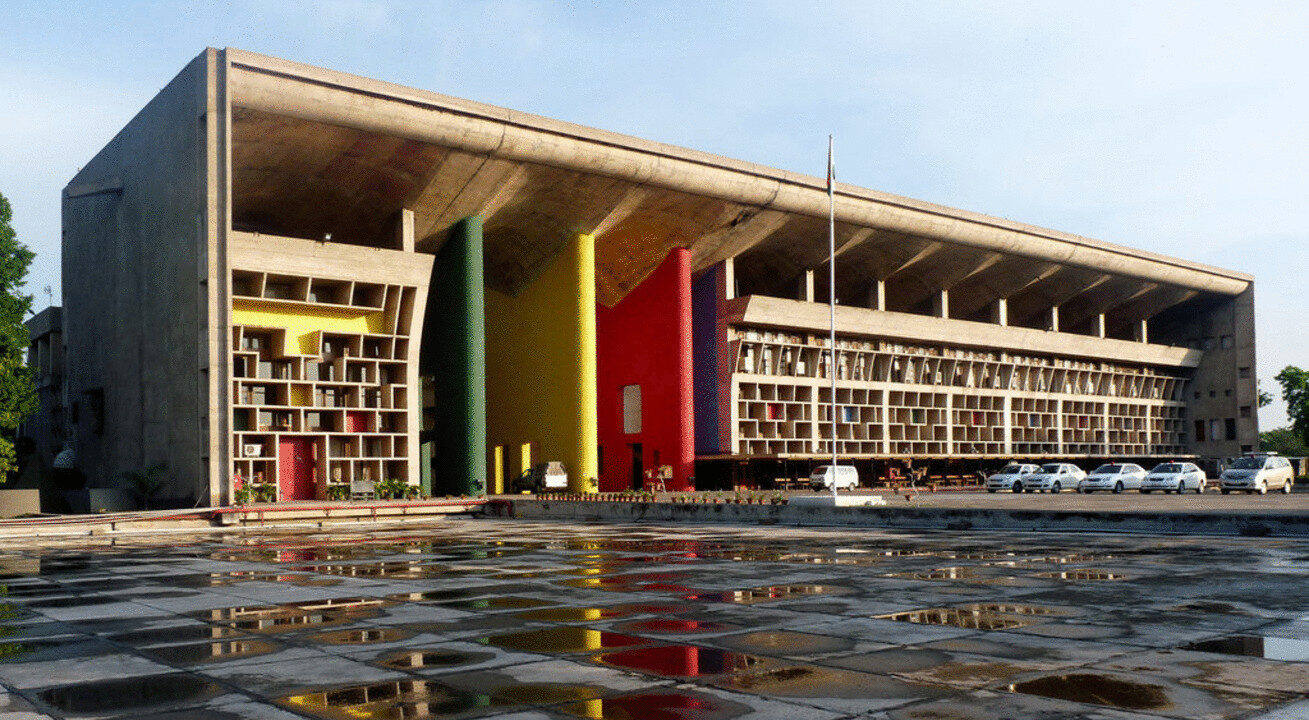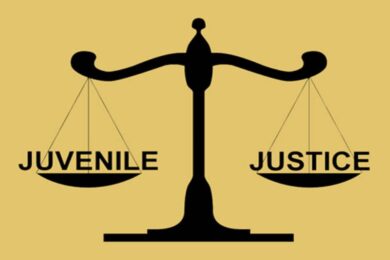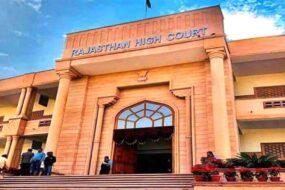
The Punjab & Haryana High Court ruled there is no statutory authority to establish a national commission for retired defence personnel and their families, though it acknowledged significant misgivings within the community that the government should address.
Background of the Case
In 2022, the Central Government constituted a special “Commission for Welfare and Resettlement of Retired Defence Personnel”, purportedly to examine grievances related to pensions, reemployment, land allotments, and post-retirement welfare schemes. The Commission was tasked with making policy recommendations and reviewing select cases of injustice or administrative delay.
However, in 2023, several ex-servicemen, including Col. (Retd.) Arvind Malik, raised objections to the legality of the Commission. They alleged that:
It was formed without any enabling statute or executive order.
Its decisions were being cited in service tribunals and administrative departments despite having no binding authority.
The Commission’s structure lacked independent representation, as most members were handpicked by the Ministry of Defence.
In early 2024, a Public Interest Litigation (PIL) was filed in the Delhi High Court, seeking the disbandment of the Commission and a declaration that its recommendations had no legal sanctity.
Court Proceedings
The PIL was admitted in February 2024, and notices were issued to the Ministry of Defence, Department of Ex-Servicemen Welfare, and the Prime Minister’s Office.
Key proceedings included:
Filing of affidavits by the Union Government justifying the creation of the Commission as a “policy advisory body” with no adjudicatory powers.
The petitioners submitted examples where the Commission’s findings had been used to deny tribunal appeals or delay service benefits.
The court reviewed whether any Government Resolution (G.R.), notification, or law backed the functioning of the Commission.
Amicus curiae was appointed to assess the legal standing and constitutional status of such bodies.
The proceedings raised larger questions of separation of powers, delegated authority, and administrative overreach.
Arguments Presented
Petitioners’ Arguments (Col. Malik & Others):
The Commission was not constituted under any valid legal authority, making its functioning ultra vires. Its actions violated Article 14 (Right to Equality), as it interfered with lawful administrative or judicial processes.
Retired defence personnel were being coerced into approaching the Commission, instead of regular forums like AFTs (Armed Forces Tribunals).
Cited the absence of rules, appointment procedures, grievance redressal norms, or an appeal mechanism, rendering the body opaque and unaccountable.
Warned of a parallel and shadow administration running in defence welfare, diluting transparency and institutional checks.
Respondents’ Arguments (Union of India):
Claimed the Commission was purely recommendatory and acted as a non-binding consultative platform.
Argued that it helped in streamlining grievances and reducing litigation, especially for minor issues.
Asserted that the government had every right under Article 73 of the Constitution to create advisory bodies for public service efficiency.
Stated that no fundamental rights were violated since the Commission lacked coercive or executive power.
Promised to issue a clarification circular if there was any misinterpretation by departments about the Commission’s legal standing.
Court’s Decision
In April 2024, the Delhi High Court ruled in favor of the petitioners, declaring that the “Commission for Welfare and Resettlement of Retired Defence Personnel” had no legal basis in its current form.
Key findings of the court:
The body was not backed by any statute, executive order, or gazette notification, and hence had no formal legal existence.
Its recommendations could not be cited or relied upon in any administrative, quasi-judicial, or judicial proceeding.
Departments and service tribunals were barred from using the Commission’s findings as a basis for any decision or delay.
Ordered the government to cease the functioning of the Commission, unless reconstituted through a transparent, legally sanctioned mechanism.
Directed the MoD to issue immediate clarification to all departments and tribunals across the country.
Implications of the Ruling
The High Court’s decision has far-reaching effects on administrative accountability, veterans’ rights, and constitutional governance:
Reinforces that no body can function or influence rights-based decisions without formal legal creation.
Prevents parallel systems from undermining constitutionally recognized dispute redressal mechanisms like AFTs. Empowers veterans and other vulnerable groups to demand transparency and due process in welfare policy-making. Highlights the need for legislative backing when setting up commissions that impact large populations or financial entitlements. May compel the Centre to establish a statutory commission for veterans’ welfare, with clear composition, powers, and grievance procedures.
Conclusion
The case of Col. (Retd.) Arvind Malik v. Union of India is a constitutional reminder that well-meaning initiatives must still follow the rule of law. While the welfare of retired defence personnel is a national priority, it must be pursued through legal, accountable, and democratic institutions. The Delhi High Court’s ruling strengthens the institutional framework by dismantling informal mechanisms that bypass due process, and affirms that rights cannot be subject to bureaucratic convenience or informal authority.

Review Title
There are many variations of passages of Lorem Ipsum available, but the majority have suffered alteration in some form, by injected humour, or randomised words which don't look even slightly believable. If you are going to use a passage of Lorem Ipsum, you need to be sure there isn't anything embarrassing hidden in the middle of text.If you use this site regularly and would like to help keep the site on the Internet, please consider donating a small sum to help pay for the hosting and bandwidth bill. There is no minimum donation, any sum is appreciated - click here to donate using PayPal. Thank you for your support.
Pros
- Pros Item One
- Pros Item Two
- Pros Item Three
- Pros Item Four
- Pros Item Five
Cons
- Cons Item One
- Cons Item Two
- Cons Item Three
- Cons Item Four
- Cons Item Five








No Comments